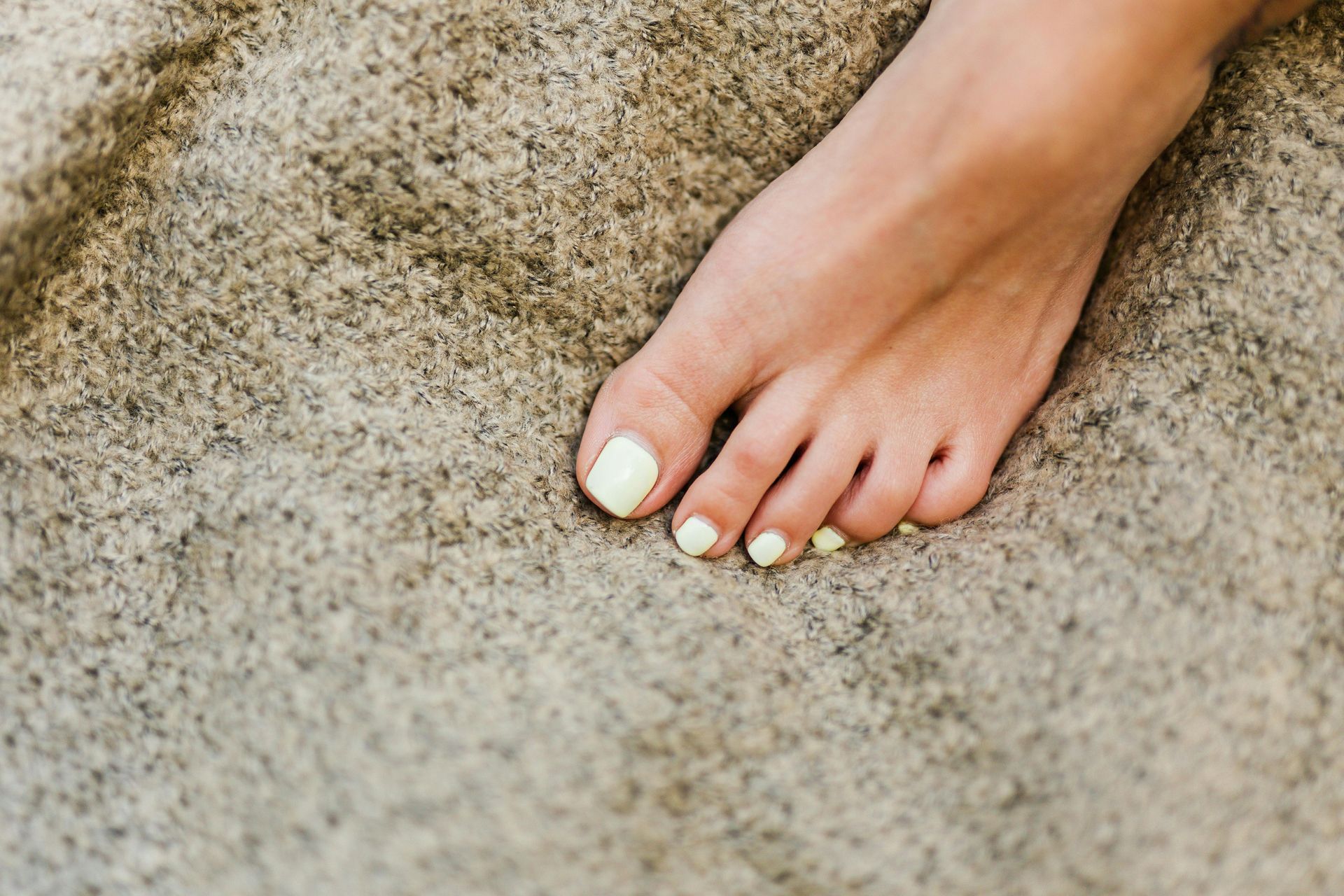The greatest hack to improve your energy levels today
Spoiler alert...
OK, guilty as charged! That might have been one of my click-baitiest titles ever. Well done me.
If you've been here any length of time, you'll know that - spoiler alert - there's no one "hack" when it comes to your health.
Why? Because we're complicated, unique creatures. And what works for one person might not work for someone else.
These hacks attract our attention because our brains want shortcuts that conserve energy (ironically for this email).
Drink energy drinks. Go plant-based. Add butter to your coffee.
So.many.different.hacks.
Yes, energy drinks will give you a shot of energy. So will a cup of coffee (with fewer additives and less sugar).
Yes, plant-based foods are good for you. But will going vegan massively increase your energy levels? Truth is, no one really knows.
And adding butter to your coffee? That just sounds rank.
My top five, long-term approaches for more energy.
The word "hack" always comes with the sense of being a cheat or quick fix.
And these 👇🏽 are not a cheat or a quick fix. Which probably makes them less appealing, if more effective!
For each of them, I've shared a suggested action; and as I said, everything's connected, so there's also a bonus outcome from the action.
1. Stay hydrated
Water helps carry nutrients to your brain, helps your brain cells communicate with each other, and clears out toxins and waste that impair brain function. So if you're dehydrated, you're more likely to feel foggy.
Dehydration also slows down your blood and lymph circulation, affecting the flow of oxygen and nutrients through your body making you feel tired and sluggish.
Action: Start the day with a glass of water. You'll feel especially dehydrated in the morning if you've restricted liquids the previous evening to avoid nighttime trips to the loo.
Then keep sipping throughout the day. If you find it hard to remember, set an alarm.
Bonus outcome: When you're well hydrated, your skin looks better too (and who doesn't want that?)!
2. Get moving
Yes, I know when you're feeling weary, the last thing you might feel like doing is moving. But good news - it doesn't have to be a full on workout. Bursts of activity throughout the day all add up to increase your energy levels.
Action: Do some squats, or press-ups against the kitchen counter while the kettle's boiling.
Go upstairs for the joy of getting to the top and forgetting why you went up there in the first place. Walk back down again. Remember. Stomp grumpily up for a second time....and repeat. Or is that just me?
Join the Priority Wait List for our Goodbye Achy Back classes and be first to hear when spaces open up.
Bonus outcome: Every minute counts towards the 22 mins a day that'll improve your cardiovascular health.
3. Prioritise bed time
And by that, I don't mean spend more time doom-scrolling in bed. I mean, give yourself the best opportunity to have a full night's rest every night.
Action: If you've got to be up by 7am, and need 7 hours' sleep, then start getting ready for bed by about 10.30pm every night. That way, you can be tucked up, ready for sleep by 11pm (and you've still got a bit of slack for reading or waking up in the night).
If you get in the habit of going to bed and getting up at the same time every day, you'll find your body's readier for it.
Oh, and if you can, leave your phone outside your bedroom.
Bonus outcome: Getting enough sleep means you're less likely to want to snack on sugary foods the following day, reducing your risks of metabolic diseases like diabetes.
4. Choose the right carbs
We all know that when we're feeling a tired, a shot of caffeine and some sugar are going to give us a quick lift. But they're also going to leave us feeling worse when our blood sugar levels crash an hour or so later.
Action: Current guidance is to reduce sugar intake to less than 5% total energy per day (30g per day or 6tsp for adults), with less being better.
You do not need to remove all carbs from your diet - they power all cells so they're essential for life. But you can use carbs that release the energy more slowly (beans, pulses, other fibre rich carbs) to avoid the hit/crash cycle.
Bonus outcome: By reducing the amount of simple sugars, you reduce risks of diabetes; and by adding more fibre, you can go to the toilet more comfortably.
5. Manage your energy account
Think of your energy like a bank account where having no energy is the equivalent of going overdrawn. Things that will build up your balance include: getting adequate sleep and good nutrition; spending time in nature; doing things you love; and being with people who uplift you and allow you to be yourself.
Things that will deplete your balance: obvs the opposites of those 👆🏽; but also stress, financial demands or difficult relationships.
I'm not saying you can stop with all the depleting things, but you can always choose to do more to build up your balance.
Action: Start keeping a note of the things that bring you energy versus those that don't. Often, our lives are so busy that we just carry on without really thinking about whether a change is desirable or feasible.
Bonus outcome Doing things that improve your energy levels will also help to activate your parasympathetic nervous system so you'll sleep better and digest food better.
What's your favourite tip when you're low on energy? Got one I haven't covered here? Why not send me an email and let me know.










